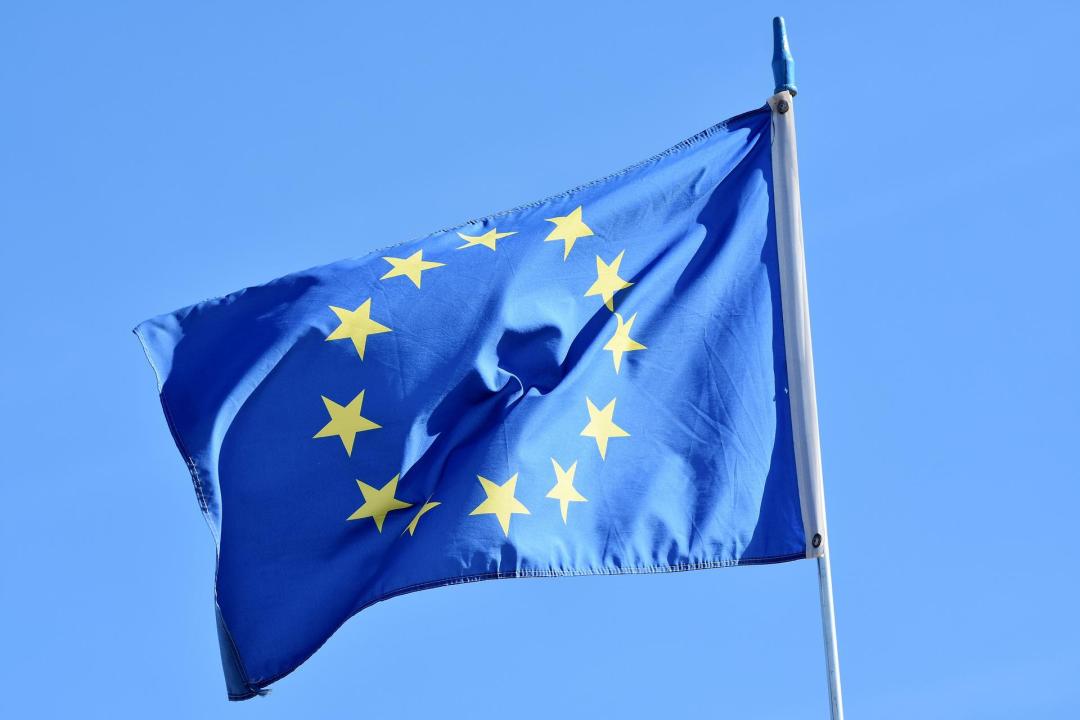
EU Commission Warns Georgia on Visa Liberalization Amid Concerns Over Reforms

The European Commission’s Seventh Report to the European Parliament and the Council under the Visa Suspension Mechanism, issued on December 7, raises concerns about Georgia’s compliance with visa liberalization benchmarks. The report highlights critical areas where Georgia must take urgent action to avoid the activation of the visa suspension mechanism for certain categories of individuals.
The report evaluates Georgia’s progress on key benchmarks, including visa policy alignment, document security, integrated border management, migration management, asylum procedures, irregular migration trends, public order and security, external relations, and fundamental rights.
While technical benchmarks like document security and integrated border management show progress, the report is critical of Georgia’s performance on visa policy alignment and the protection of fundamental rights.
The Commission notes a lack of progress in Georgia’s alignment of its visa policy with the EU. It highlights the divergence caused by Georgia’s visa waiver agreement with China, signed in April 2024, which exacerbates the misalignment. Georgia asserts that its lack of alignment poses no risk to the EU due to the absence of a shared land border. However, the Commission stresses that visa policy alignment is a fundamental objective for countries aspiring to EU membership and expects Georgia to make progress in this area.
The report is particularly critical of legislation adopted during the reporting period, including the “On Transparency of Foreign Influence” law (May 2024) and the “Family Values and Protection of Minors” legislative package (September 2024). These laws are viewed as undermining human rights, including freedoms of association, expression, and privacy.
The 2024-2026 Human Rights Action Plan is also scrutinized for its limited consultation process and failure to address protections for LGBTIQ individuals and privacy rights. Significant gaps in the framework for protecting minority rights and ensuring their representation remain unresolved.
The European Council’s October 17, 2024, conclusions reaffirm that Georgia’s EU accession process is on hold. The Council calls on Georgia to implement democratic reforms in line with European integration principles.
The report also highlights unaddressed recommendations from the Venice Commission regarding the independence, impartiality, and powers of Georgia’s Personal Data Protection Service.
To maintain its visa liberalization status, the European Commission outlines several urgent steps for Georgia:
- Protect Fundamental Rights: Ensure freedoms of association, assembly, expression, privacy, and non-discrimination for all citizens. Repeal laws that restrict these rights or contradict European and international standards.
- Align Visa Policy: Harmonize visa policies with the EU, particularly regarding third countries that pose irregular migration or security risks.
- Combat Corruption: Establish an Asset Recovery and Management Office, adopt a new anti-corruption strategy, and address high-level corruption cases effectively.
- Strengthen Data Protection: Amend the Law on Personal Data Protection to align with EU standards.
- Ensure Institutional Independence: Amend the Anti-Corruption Bureau law to guarantee its independence, neutrality, and adherence to Venice Commission recommendations.
The Commission warns that continued non-compliance could lead to the activation of the visa suspension mechanism for certain groups. It emphasizes the need for Georgia to act swiftly and decisively to address the identified shortcomings.
The European Commission will closely monitor Georgia’s progress in implementing these recommendations. Compliance with fundamental rights, anti-discrimination policies, and visa policy alignment remains essential for Georgia to retain its visa liberalization benefits and advance its EU integration aspirations.
See Also


Mirzoyan Meets US Deputy Assistant Secretary Joshua Huck

Azerbaijani President Holds Talks with UAE and German Business Delegations on Economic Cooperation

Grigoryan Confirms Armenia’s Readiness to Dissolve OSCE Minsk Group Upon Peace Treaty Signing

Azerbaijani Official Warns of Ecological Risks to Caspian Sea, Similar to Lake Urmia and Aral Sea

